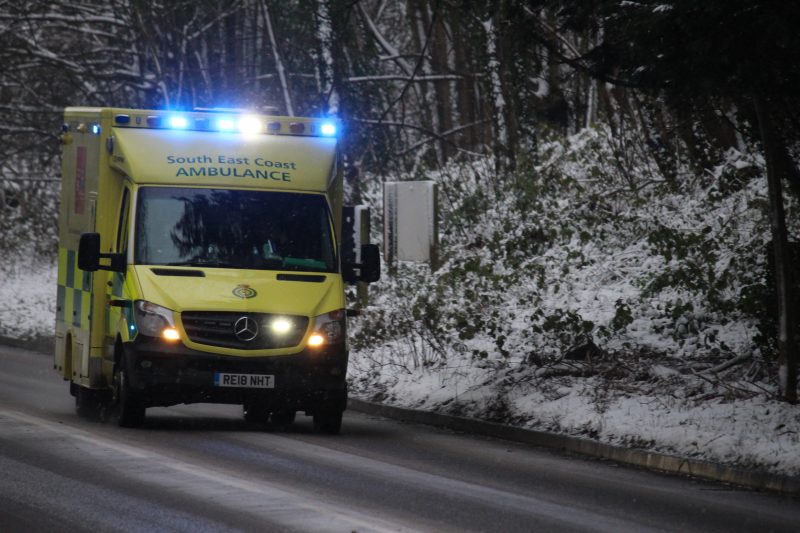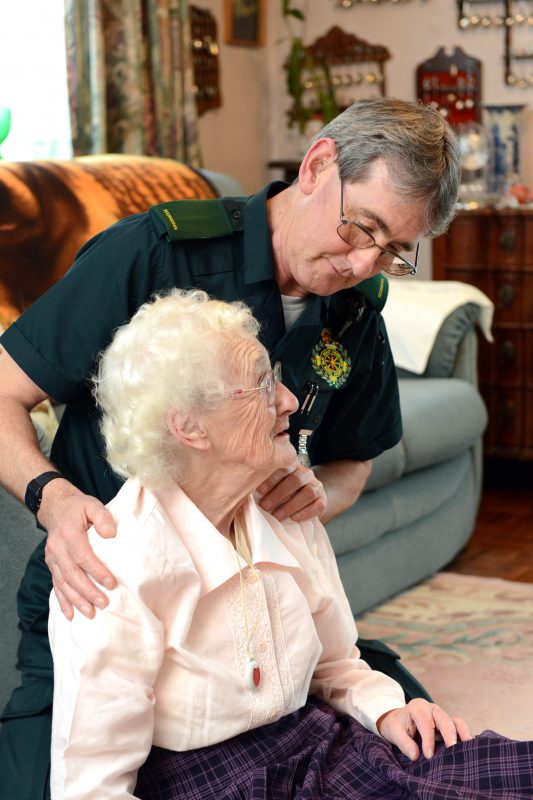Winter Driving
Throughout the winter months, it’s good to refresh our knowledge on keeping ourselves and others safe on the roads while we adapt our driving to adverse weather conditions.
Preparing Your Vehicle:
- Lights are clean and working
- Battery is fully charged
- Windscreen, wiper blades and other windows are clean and the washer bottle filled with screen wash
- Tyre condition, tread depth and pressure (of all the tyres, including the spare)
- Brakes are working well
- Fluids are kept topped up, especially windscreen wash (to the correct concentration to prevent it freezing), anti-freeze and oil

Driving in snow/ice/fog/rain and floods:
- Reduce your speed. The chances of skidding are much greater and your stopping distance will increase massively.
- Only travel at a speed at which you can stop within the distance you can see to be clear. In difficult conditions, speed limits can often be too fast.
- Avoid harsh braking and acceleration, or sharp steering.
- Always reduce your speed smoothly and in plenty of time on slippery surfaces.
- Slow down in plenty of time before bends and corners.
- Braking on an icy or snow covered bend is extremely dangerous. The centrifugal force will continue to pull you outwards and the wheels will not grip very well. This could cause your vehicle to spin.
- To slow down on ice and snow, lift the gas early to allow the speed to drop sufficiently to select a lower gear. If you need to use the brakes, use very gentle pressure depressing the clutch early to avoid stalling the engine.
- Increase the gap between you and the vehicle in front. You may need up to TEN TIMES the normal distance for braking.
- In snow, stop frequently to clean the windows, wheel arches, lights and number plates.
- Visibility will probably be reduced, so use dipped headlights.
- During wintry weather, road surfaces are often wet and/or covered in frost and ice or snow. But this does not occur uniformly. A road will often have isolated patches of frost or ice after most of the road has thawed – this commonly occurs under bridges.
Driving in Fog
- When driving in Fog, do not ‘hang on’ to the rear lights of the car in front as you will be too close to be able to brake safely.
- Beware of speeding up immediately when visibility improves slightly. In patchy fog you could find yourself ‘driving blind’ again only moments later.
Wet & Flooded Roads
On wet and flooded roads remember your stopping distances will be at least twice your normal braking distance.
- Avoid the deepest water – which is usually near the kerb.
- Don’t attempt to cross if the water seems too deep – look for an alternative route.
- If you decide to risk it, drive slowly in first gear but keep the engine speed high by slipping the clutch.
- Be aware of the bow wave from approaching vehicles – operate an informal ‘give way’ with approaching vehicles. Remember to test your brakes when you are through the flood
Aquaplaning
Aquaplaning is caused by driving too fast into surface water. When the tyre tread cannot channel away enough water, the tyre(s) lose contact with the road and your car will float on a wedge of water. Aquaplaning can be avoided by reducing speed in wet conditions. Having the correct tyre pressure and tyre tread depth will maximise your tyres’ ability to maintain their road grip. If it happens, ease off the accelerator and brakes until your speed drops sufficiently for the car tyres to make contact with the road again.

 Avoiding falls at home
Avoiding falls at home